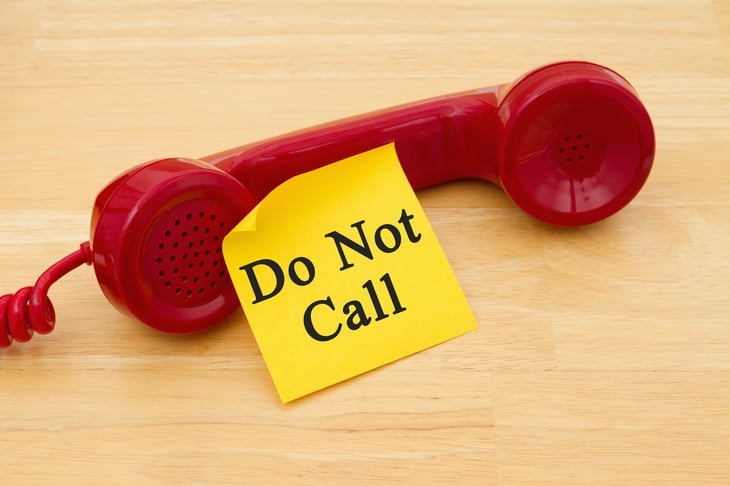
If your phone is ringing off the hook with infuriating robocalls, you are not alone. Around 59 billion robocalls were made in 2023, according to Robokiller, an app that blocks robocalls.
While stopping robocalls might seem hopeless, there are more ways than ever to fight back, thanks to stronger federal laws and improved technology.
Following are some tips for reducing those pesky calls.
1. Check with your phone carrier

A federal law with a long name — the Pallone-Thune Telephone Robocall Abuse Criminal Enforcement and Deterrence (Traced) Act of 2019 — requires phone companies to adopt authentication technology that enables them to determine whether incoming calls are legitimate before calls reach their customers’ phones.
The final deadline for that requirement was not until 2021. But even before the Traced Act became law, some major phone carriers had introduced free anti-robocall features or were working on authentication technology.
So, contact your phone company or check its website to see what features, apps or other technology it offers to customers seeking to cut down on unwanted calls.
2. Check your smartphone features

In addition to your phone company, your smartphone operating system might offer an anti-spam feature.
For example, certain Android devices offer call screening as well as caller ID and spam protection. Some Apple iOS devices offer a feature called “Silence Unknown Callers,” which enables you to send spam calls directly to voicemail, as we detail in “A Simple Way to Silence Robocalls Today.”
3. Use a third-party app

If you’re unhappy with the anti-spam call options that your phone carrier or smartphone operating system offers, consider looking into third-party apps.
One of those apps, RoboKiller, even lets you get revenge on telemarketers by tying up their phone lines with mindless chatter from “Answer Bots.”
4. Don’t answer calls from unfamiliar numbers

Don’t answer calls from phone numbers you don’t recognize. If you accidentally or unthinkingly answer, hang up immediately if the call sounds like telemarketing. If the caller happens to be legitimate, they can always leave a message.
If the caller hangs up after one ring and you don’t recognize the number, don’t call back: It could be what’s known as a one-ring scam.
5. Keep your number to yourself

You know how businesses and websites ask for your phone number for just about any reason? If you don’t have to give it, don’t. The more you give out your number, the greater the chances that it will be sold to a third party.
If you must provide a number — such as if an online retailer requires you to give one in order to place an order — consider giving a fake number. Money Talks News managing editor Karla Bowsher has been doing this in such situations for years without issue, she says.
6. Watch out for spoofing

Spoofing is a practice that some unscrupulous callers use to disguise the phone number from which they are actually calling. The goal is to trick you into thinking someone else is calling so that you answer the phone.
As the Federal Communications Commission warns:
“You may not be able to tell right away if an incoming call is spoofed. Be aware: Caller ID showing a ‘local’ number does not necessarily mean it is a local caller.”
Be extra careful in weeding out these calls — which often come from scammers. Common variations on spoofing scams include someone impersonating:
- The IRS
- A debt collector
- A computer tech support representative
So, remember tip No. 4: If you don’t recognize the number, let the call go to voicemail.
7. Get on the Do Not Call Registry

Put your phone numbers on the federal National Do Not Call Registry. It’s free, and it will at least stop law-abiding solicitors.
Just be aware that some organizations — including charities, political groups and debt collectors — are exempt and thus still can call you even if you are on the Do Not Call Registry.
8. File a complaint

If you’ve been on the Do Not Call Registry for a month or longer and are still getting calls, report it to the Federal Trade Commission. This may seem like a waste of time, but it doesn’t take long and it helps everyone in the fight against robocalls.





Add a Comment
Our Policy: We welcome relevant and respectful comments in order to foster healthy and informative discussions. All other comments may be removed. Comments with links are automatically held for moderation.